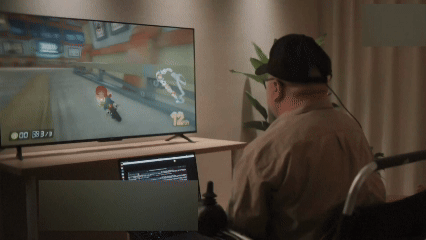The Chinese mainland is emerging as a leader in brain-computer interface (BCI) innovation, pushing clinical research forward with state-backed support and advanced startups tackling neural tech challenges.
In June, a team at the Center for Excellence in Brain Science and Intelligence Technology (CEBSIT) at the Chinese Academy of Sciences, in partnership with Huashan Hospital affiliated with Fudan University and tech enterprises, performed the Chinese mainland's first invasive BCI implant surgery. The patient, who lost all four limbs in a high-voltage accident 13 years ago, learned to control video games like car racing with his mind after just two to three weeks of training.
Every thought generates electrical impulses in the brain. The implant picks up these signals via electrodes, then machine-learning algorithms decode neural patterns into digital commands. This seamless mind-to-machine pathway could redefine assistive tech for people with paralysis, enabling everything from gaming to device control through pure thought.
With this clinical milestone, the Chinese mainland joins the United States in testing invasive BCI devices on humans, accelerating a global race to harness neurotech for healthcare, communication and beyond. As research expands, we can expect faster training protocols, wireless implants and broader applications in rehabilitation, gaming and virtual reality.
Reference(s):
cgtn.com


